Tag Archive for: robotics
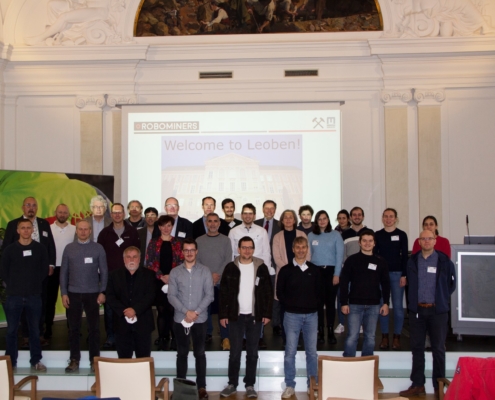 ROBOMINERS
ROBOMINERSROBOMINERS Consortium Meeting with LPRC in Austria
The ROBOMINERS Consortium, in which LPRC participates, hosted…
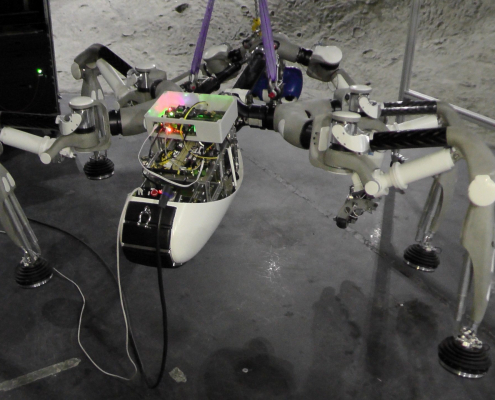 PRO-ACT
PRO-ACTLPRC joins PRO-ACT project TRR session
On 16 February 2021, the PRO-ACT project had its TRR - Test Readiness…
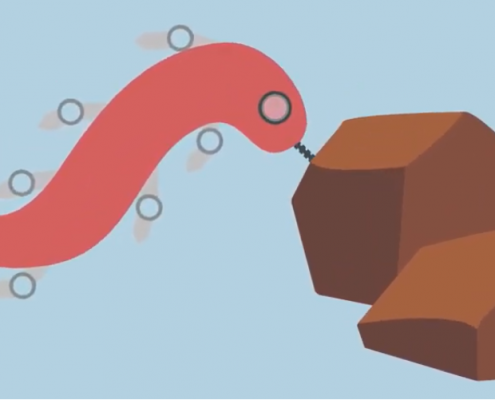 ROBOMINERS
ROBOMINERSROBOMINERS project Review Meeting
On 29 January 2021, the ROBOMINERS project had its first review…
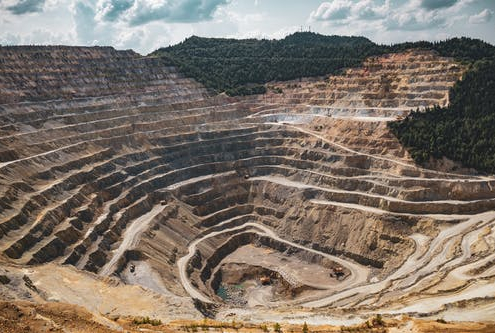
UNEXUP presented at the virtual Mineral Exploration Symposium 2020
The 2020 edition of the Mineral Exploration Symposium was a two-day…

UNEXUP e-meeting – WP0 & WP1 workshop
On March 24th-26th, the LPRC team participated in an UNEXUP three-day…
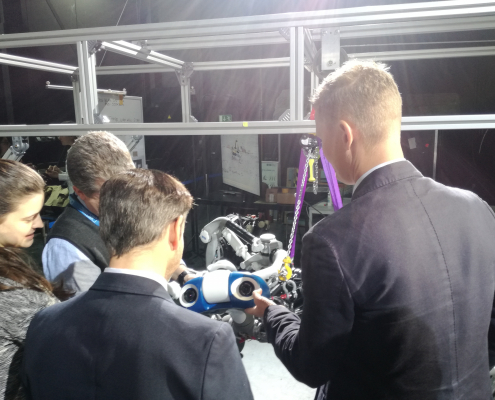
PRO-ACT – Preliminary Design Review, Bremen
On the 7th and 8th of November LPRC participated in the PRO-ACT's…
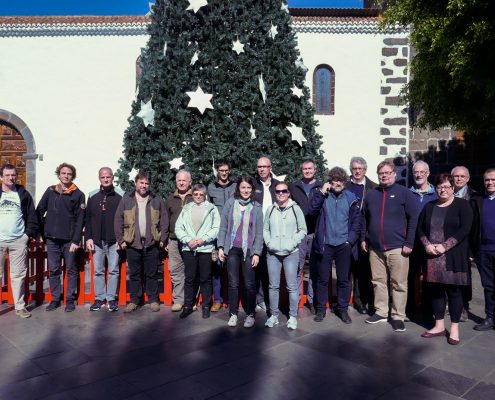
Closing of the UNEXMIN Project
The UNEXMIN project, where LPRC leaded tasks on Dissemination,…
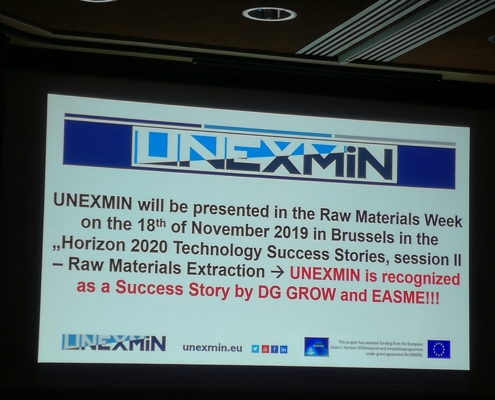
UNEXMIN Final Project Meeting, Brussels
LPRC participated at the final UNEXMIN Project Meeting, held…
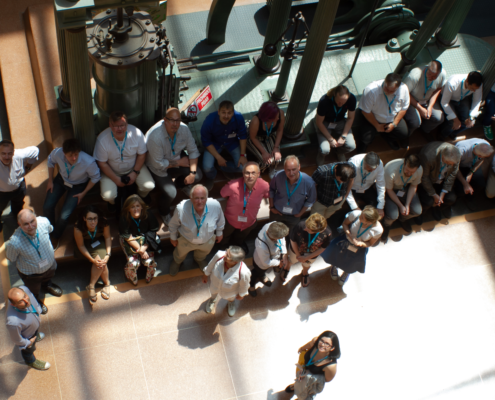
RoboMiners Kick-off meeting, Madrid
The 13th and 14th of June the Politechnical University of Madrid…
Tag Archive for: robotics
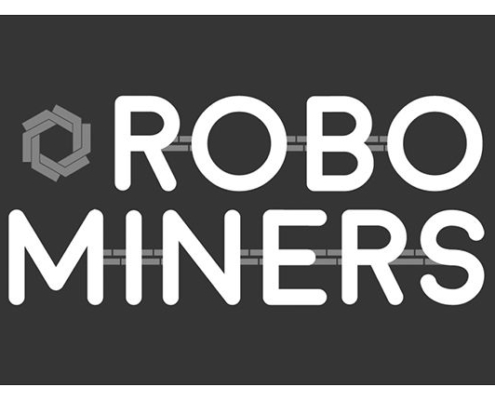
ROBOMINERS
Resilient Bio-Inspired Modular Robotic Miners for high grade/small scale deposits
